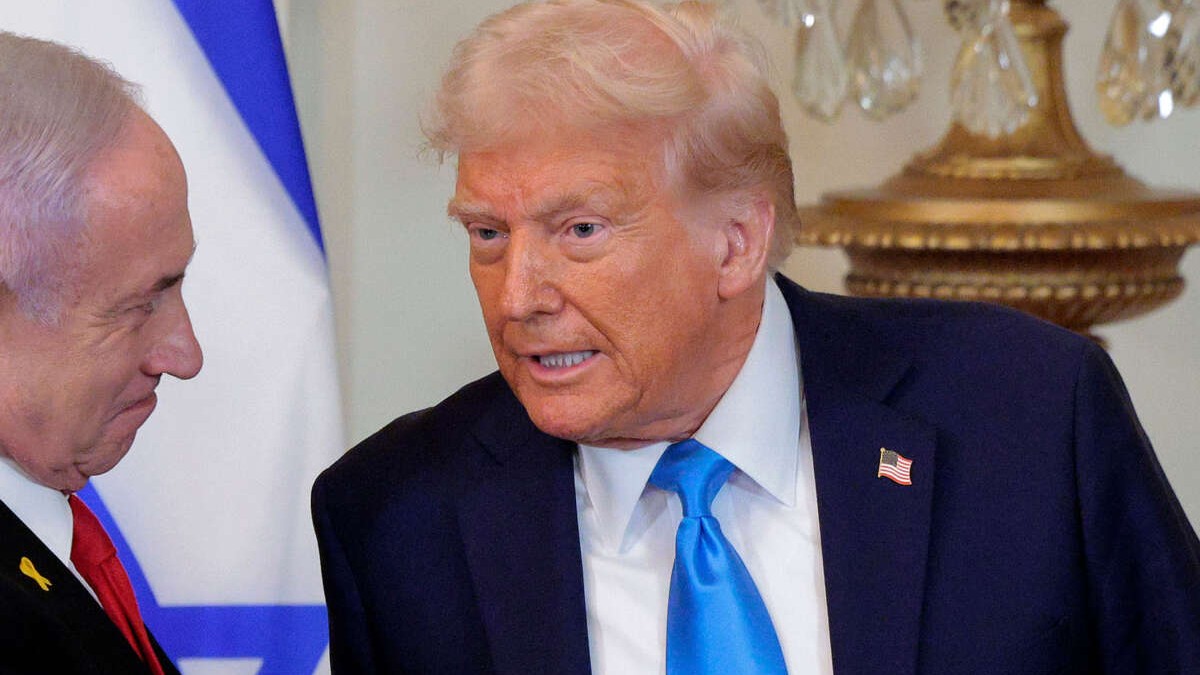
Tehran’s ‘Anger and Hatred’ Made Me Rethink Sanctions Removal: Trump
pic credit: Truthout
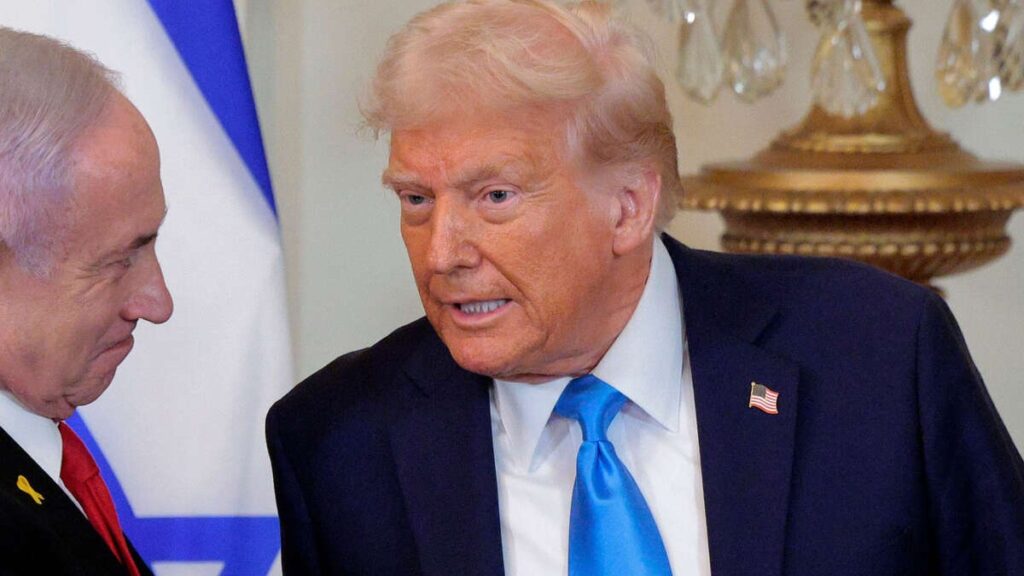
Former U.S. President Donald Trump has once again stirred up international debate by revealing that he rolled back the idea of removing sanctions on Iran due to what he described as “anger and hatred” coming from Tehran. In a recent statement, Trump claimed that although he considered lifting sanctions during his presidency, Iran’s aggressive tone and rhetoric made any such move impossible.
This revelation comes at a time when U.S.–Iran relations remain strained, and the world continues to watch how the upcoming elections in both countries might influence future diplomacy. Trump’s statement adds fuel to a long-standing narrative of distrust between Washington and Tehran and sheds light on how diplomacy can often be dictated not just by actions, but also by words.
Trump’s Reasoning: Tone Over Terms
While economic sanctions are traditionally used as a tool to enforce policy change or encourage negotiation, Trump’s justification for keeping them in place wasn’t entirely strategic in the usual sense. According to Trump, it was Iran’s “anger and hatred” that stopped him from taking a more lenient approach.
“They were filled with rage and disrespect. You can’t make a deal with a country that speaks that way,” Trump reportedly said.
This marks a significant departure from conventional diplomatic reasoning. Most political analysts expected sanctions relief to be tied to specific commitments on Iran’s nuclear program, missile development, or regional interference. However, Trump’s explanation points more toward emotional diplomacy—where tone and attitude weigh just as heavily as policy content.
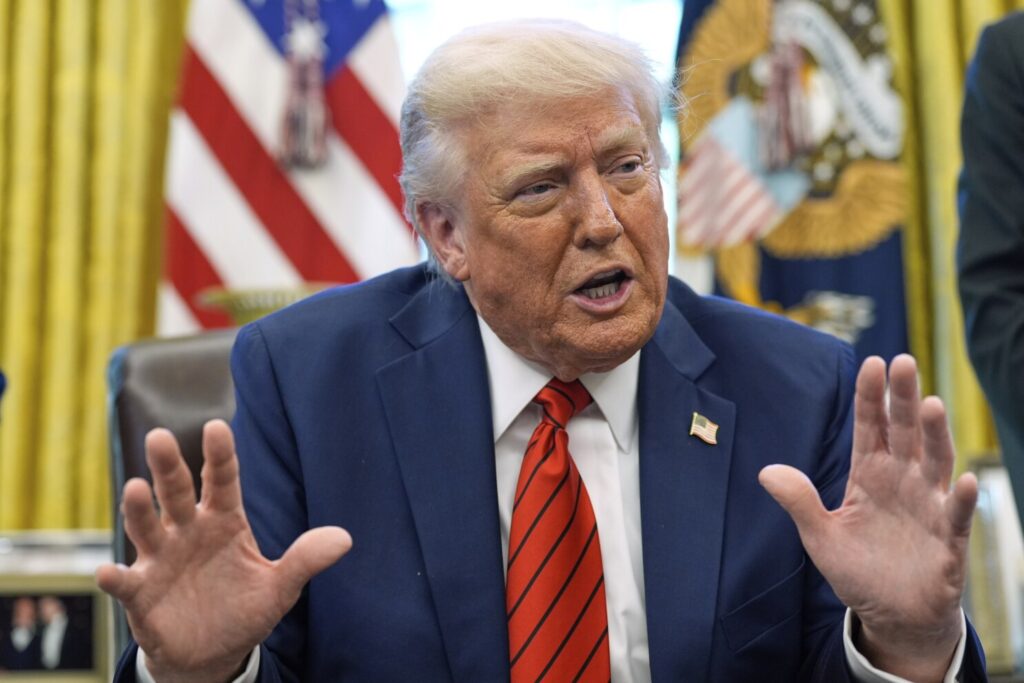
The Historical Context of U.S.–Iran Sanctions
U.S. sanctions on Iran have been a cornerstone of American foreign policy since the Islamic Revolution of 1979. Over the decades, these sanctions have evolved—from targeting specific industries to full-scale economic isolation.
The 2015 Joint Comprehensive Plan of Action (JCPOA), commonly known as the Iran nuclear deal, brought temporary relief in exchange for curbs on Iran’s nuclear activities. But Trump pulled the U.S. out of the JCPOA in 2018, calling it “the worst deal ever,” and reinstated tough sanctions under his “maximum pressure” campaign.
At the time, critics argued that this approach alienated allies and pushed Iran closer to hardline policies. Supporters, however, claimed it forced Tehran to reckon with its international behavior. Trump’s latest comments suggest that diplomacy was never fully off the table—but that Iran’s aggressive tone may have burned that bridge.
Iran’s Reaction and Regional Impact
Tehran, for its part, has long accused the U.S. of acting in bad faith, especially after the U.S. withdrew from the nuclear deal despite Iran’s initial compliance. Iranian leaders have often responded to sanctions with defiant speeches, military posturing, and fiery rhetoric. This cycle of provocation and punishment has contributed to a toxic diplomatic environment, making dialogue even more difficult.
Trump’s recent statement reaffirms Iran’s fears that Washington’s policy is deeply personalized. Iranian media outlets were quick to label his remarks as “arrogant” and “excuses for failed diplomacy.” Some experts argue that such statements only deepen mistrust and increase the chances of future confrontation, whether through proxy conflicts in the Middle East or direct escalation.
pic credit: WSJ
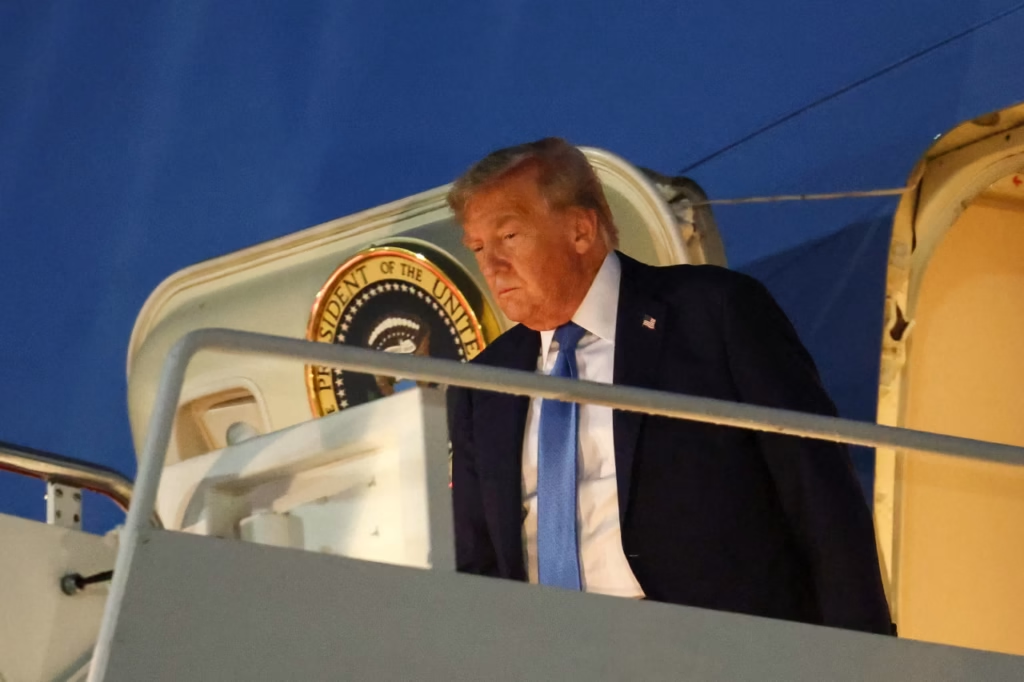
Sanctions: A Tool or a Trap?
Trump’s candid tone raises a fundamental question: Should sanctions be based solely on strategic objectives, or should a nation’s rhetoric also influence foreign policy?
In this case, the U.S. had significant leverage. Lifting sanctions could have empowered moderates within Iran, possibly encouraging a more diplomatic posture. Instead, Trump’s focus on Iran’s tone of voice potentially reduced the chance of meaningful progress.
Critics argue that such an approach undercuts the purpose of sanctions as a bargaining chip. Instead of being used to shape better behavior, sanctions become an immovable punishment—leaving little room for negotiation or redemption.
What This Means for Future U.S.–Iran Relations
As the U.S. gears up for its next presidential election and Iran undergoes leadership transitions of its own, Trump’s comments might resurface in political debates. His stance underscores a growing divide between those who believe in tough-love diplomacy and those who see value in open communication—even with rivals.
If Trump returns to office, his Iran policy will likely mirror the same hardline approach, placing personal respect and nationalist pride ahead of traditional statecraft. For Iran, that means any future negotiations would have to be as much about the how as the what—how things are said may carry more weight than the actual proposals.
Conclusion
Trump’s admission that Tehran’s “anger and hatred” influenced his decision to uphold sanctions shines a spotlight on how emotions and rhetoric can shape global diplomacy. While many argue that foreign policy should be dictated by measurable outcomes and strategic interests, Trump’s stance shows that interpersonal dynamics between nations matter more than ever.
This revelation not only helps explain past U.S. decisions but also offers a warning for future negotiations: words matter, especially when they’re directed at a leader who listens closely—and reacts strongly.

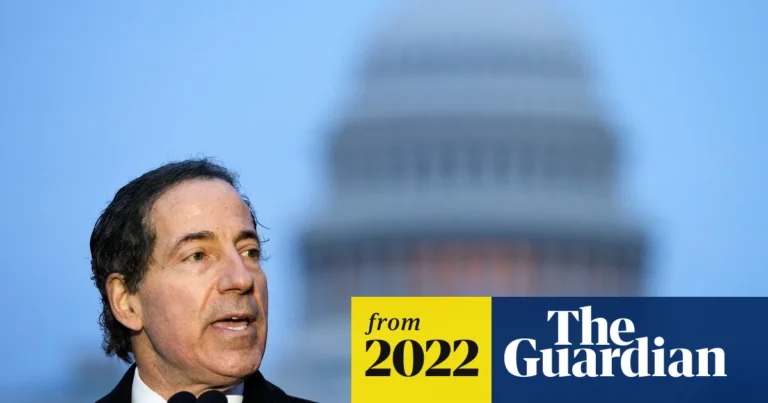

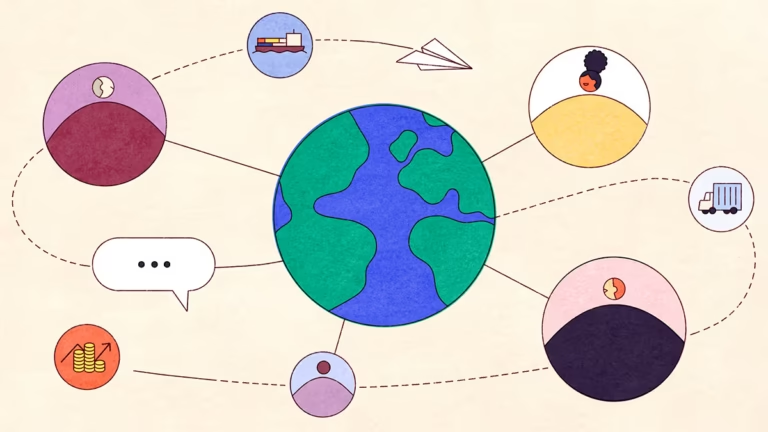



1 thought on “Tehran’s ‘Anger and Hatred’ Made Me Rethink Sanctions Removal:…”